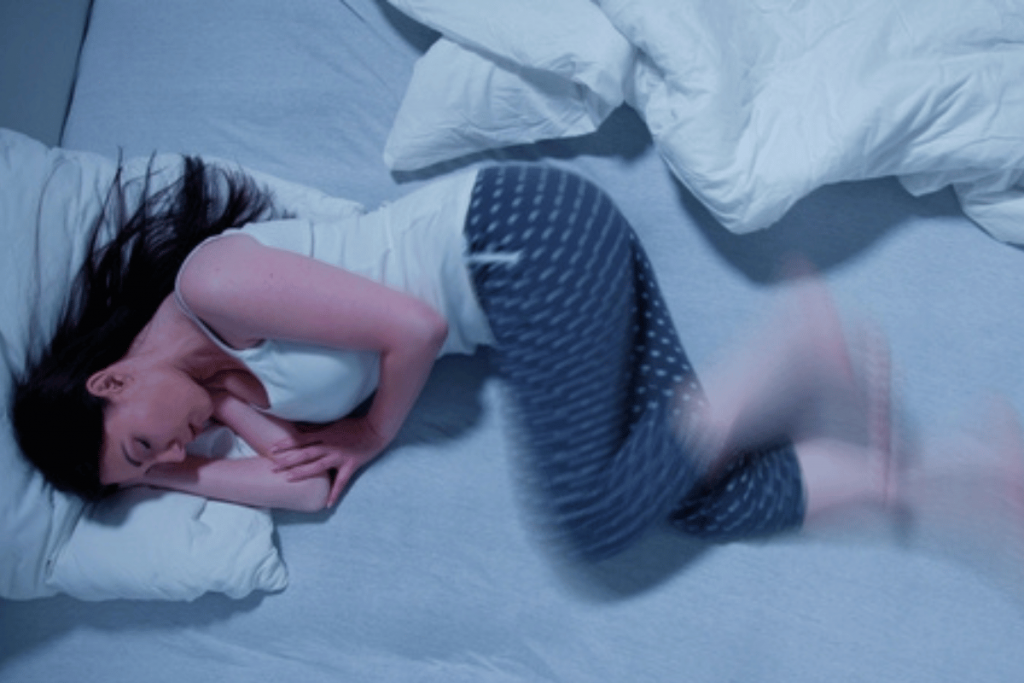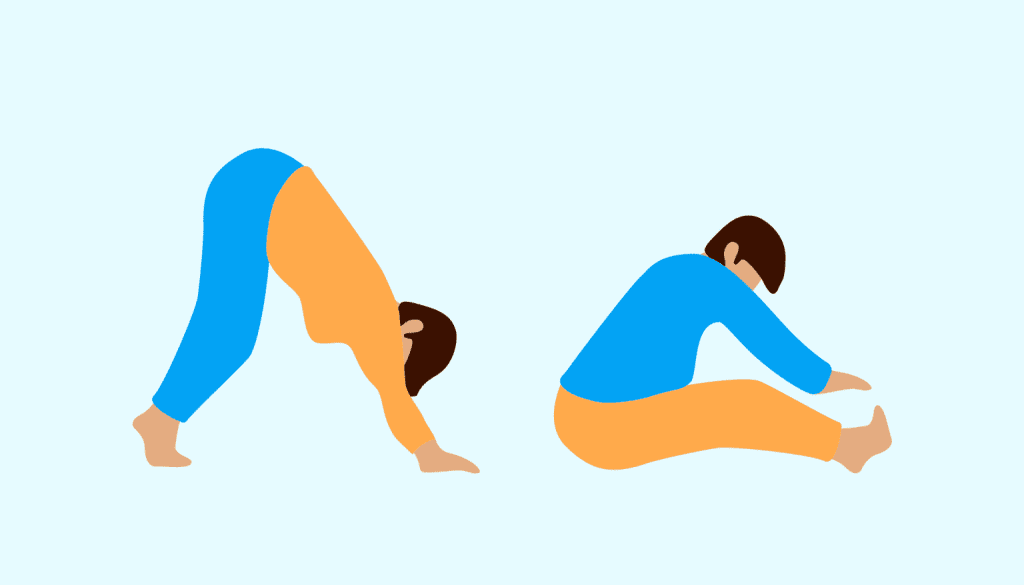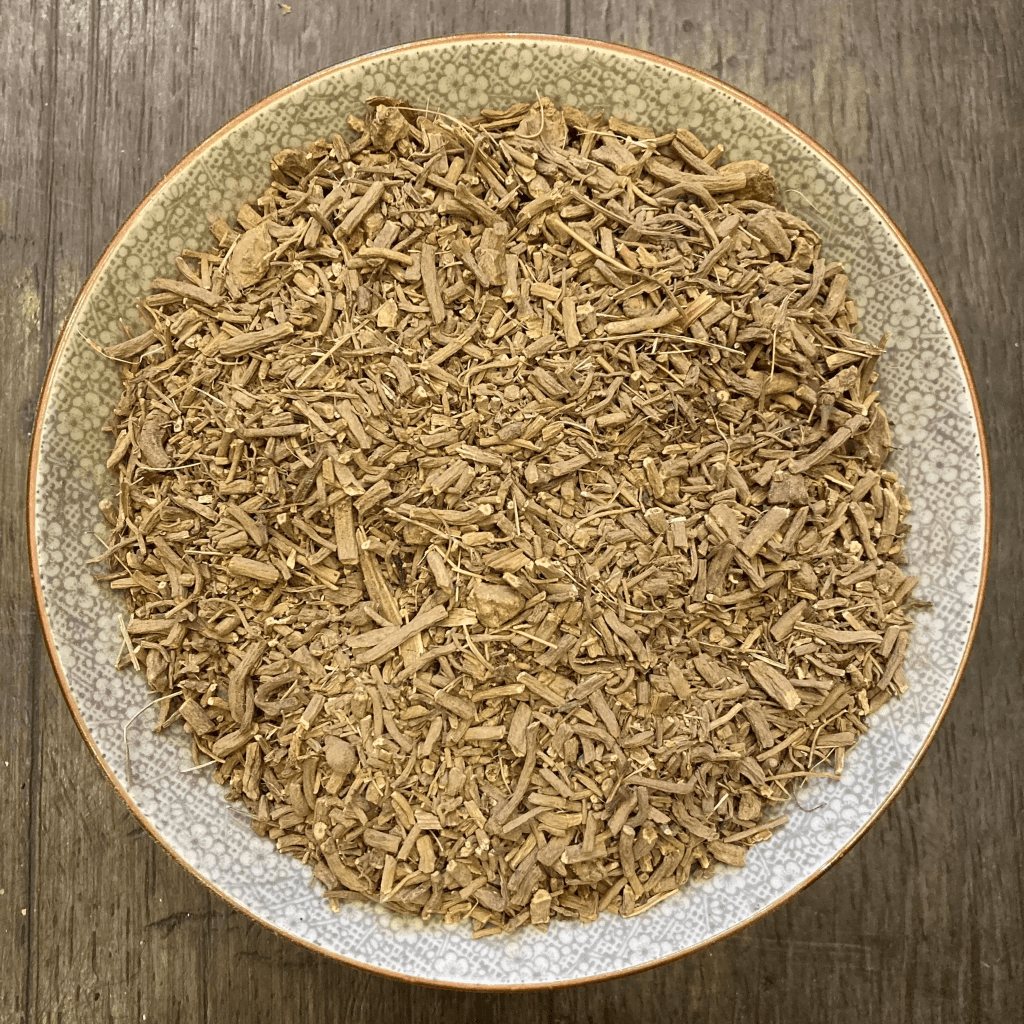Restless Leg Syndrome (RLS) can feel like an uninvited guest, disrupting your evenings and robbing you of restful sleep. This neurological condition, characterized by an uncontrollable urge to move your legs, often leaves sufferers seeking solutions that truly work. If you’re struggling with those tingling, itching, or burning sensations, you’re not alone—and there’s hope. Here’s a deep dive into remedies that might just transform your nights.
Understanding Restless Leg Syndrome: Causes and Symptoms

Before diving into remedies, let’s unpack what makes RLS so challenging. The hallmark symptom is an irresistible need to move the legs, often accompanied by uncomfortable sensations like:
- Tingling or itching
- Burning or crawling feelings
- Aching or pulling in the legs
These symptoms usually worsen during inactivity and improve temporarily with movement. While the exact cause of RLS remains elusive, researchers believe it’s linked to an imbalance of dopamine—a brain chemical responsible for muscle control. Other contributing factors include:
- Iron Deficiency: Low iron levels can exacerbate symptoms.
- Chronic Conditions: Diseases like diabetes or kidney failure may increase risk.
- Genetics: A family history of RLS raises your likelihood of developing it.
Why Conventional Treatments Aren’t Always Enough
Medications like dopamine agonists or anti-seizure drugs are often prescribed for RLS. However, they come with limitations:
- Side Effects: Nausea, fatigue, and dizziness are common.
- Dependency Risks: Long-term use of certain medications can lead to complications.
- Ineffectiveness: Not everyone responds to these treatments.
For those looking for natural, side-effect-free solutions, alternative remedies can be a game-changer.
Natural Remedies for Restless Leg Syndrome
Many people with RLS have found relief through lifestyle changes and holistic approaches. Here are the most effective strategies to try:
1. Diet and Nutrition: Fuel Your Body Right
Your diet plays a pivotal role in managing RLS symptoms. Ensuring an adequate intake of key nutrients can help regulate your body’s functions and ease discomfort.
- Iron-Rich Foods: Spinach, lentils, red meat, and fortified cereals boost iron levels.
- Magnesium and Folate: Nuts, seeds, avocados, and leafy greens support nerve health.
- Hydration: Dehydration can worsen symptoms, so drink plenty of water.
- Avoid Caffeine and Alcohol: These can aggravate RLS by disrupting sleep and nerve signals.
2. Exercise: Keep Moving, but Not Too Much

Regular physical activity improves circulation and reduces RLS symptoms. Incorporate moderate exercises into your routine, such as:
- Walking: A brisk evening stroll can work wonders.
- Swimming: Gentle movements in water relax the legs.
- Yoga or Stretching: Poses like the downward dog or hamstring stretches target muscle tension.
Avoid intense workouts close to bedtime, as they might overstimulate your system.
3. Stress Management: Relaxation Is Key
Stress and anxiety can trigger or worsen RLS episodes. Adopting relaxation techniques can calm your mind and body:
- Meditation: Focused breathing or mindfulness helps reduce stress hormones.
- Progressive Muscle Relaxation: Tighten and release muscles to ease tension.
- Warm Baths: Soaking in a warm bath before bed relaxes your muscles and prepares you for sleep.
4. Herbal Supplements: Nature’s Soothing Remedies

Certain herbs have been used for centuries to promote relaxation and improve sleep, which can indirectly alleviate RLS symptoms:
- Valerian Root: Known for its calming effects, valerian may reduce muscle spasms.
- Chamomile: Often enjoyed as tea, it helps relax the nervous system.
- Passionflower: Promotes sleep and eases anxiety.
Always consult a healthcare provider before introducing supplements to your regimen.
5. Sleep Hygiene: Build Better Bedtime Habits
Poor sleep exacerbates RLS symptoms, creating a vicious cycle. Improving your sleep hygiene can make a significant difference:
- Stick to a Schedule: Go to bed and wake up at the same time daily.
- Limit Screen Time: Blue light from devices can disrupt your natural sleep patterns.
- Weighted Blankets: These provide gentle pressure, mimicking a calming hug.
- Leg Massages: Use a massage roller or your hands to release tension in the legs.
6. Heat and Cold Therapy: Target Relief
Using heat or cold packs on your legs can help reduce discomfort. Here’s how:
- Heating Pads: Relax tense muscles and increase blood flow.
- Cold Compresses: Numb the sensations and reduce inflammation.
- Contrast Baths: Alternate between warm and cool water for optimal relief.
Experiment to see which temperature therapy works best for you.
Real-Life Remedies People Swear By

Sometimes, the best insights come from those who have walked the same path. Here are some tried-and-true remedies from RLS sufferers:
- Tonic Water: The quinine in tonic water has been reported to ease symptoms.
- Foam Rollers: Rolling out tight leg muscles can relieve tension.
- Magnesium Lotion: Applying it to the legs before bed helps calm the muscles.
- Essential Oils: Lavender or peppermint oil massages can be both soothing and effective.
When to Consult a Professional
While many natural remedies can offer significant relief, it’s important to seek medical advice if:
- Your symptoms worsen or interfere with daily life.
- You suspect an underlying condition like diabetes or iron deficiency.
- Home remedies and lifestyle changes aren’t providing relief.
A healthcare provider can offer a tailored approach, combining natural remedies with medical treatments to maximize results.
Conclusion: Finding What Works for You
Restless Leg Syndrome is undeniably frustrating, but it doesn’t have to control your life. By exploring dietary changes, incorporating gentle exercise, managing stress, and trying natural remedies, you can find a routine that works for you. Everyone’s body responds differently, so it may take some experimentation to discover the perfect combination.
The journey to relief requires patience and persistence, but with the right approach, restful nights and symptom-free days are within reach. Whether it’s a warm bath, magnesium lotion, or simply stretching before bed, small changes can lead to big improvements. Take control of your RLS—and reclaim your peace of mind.